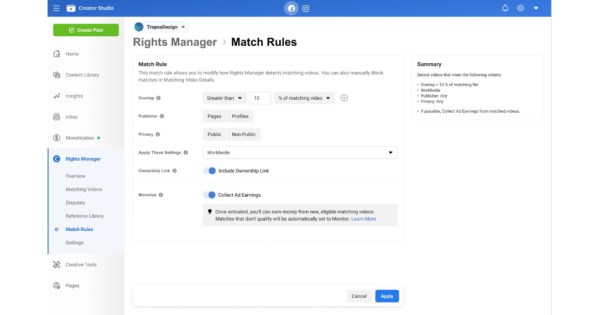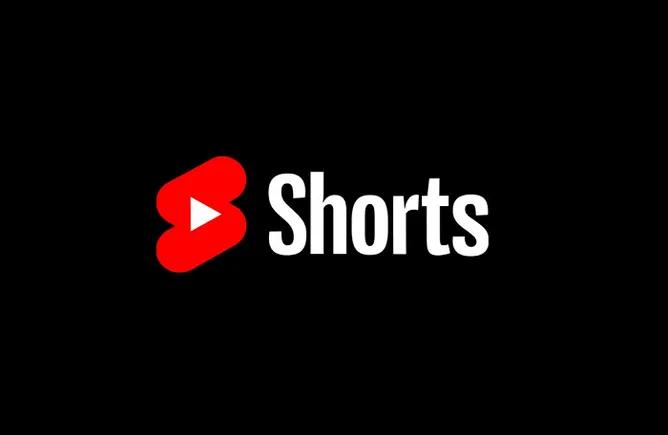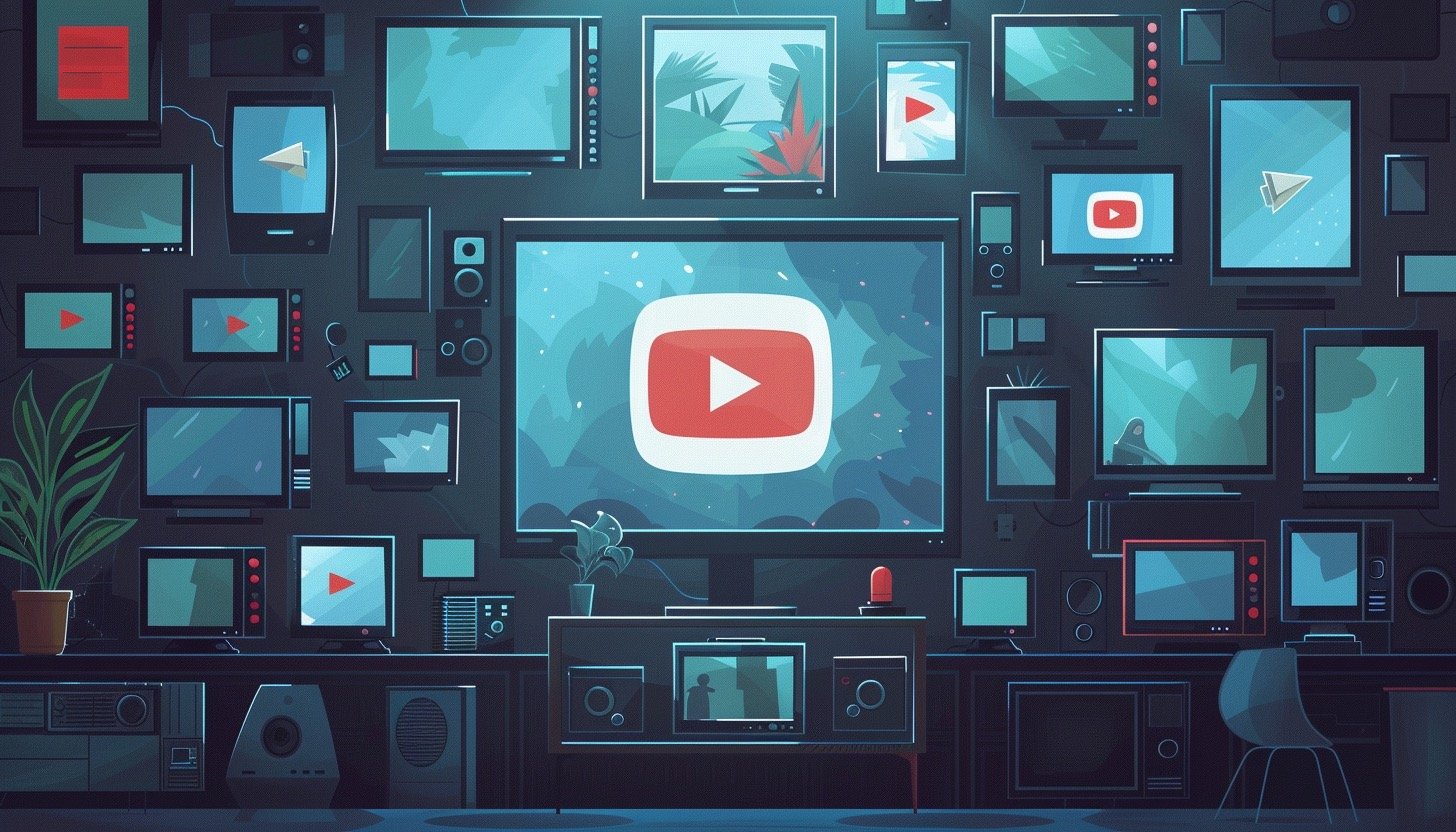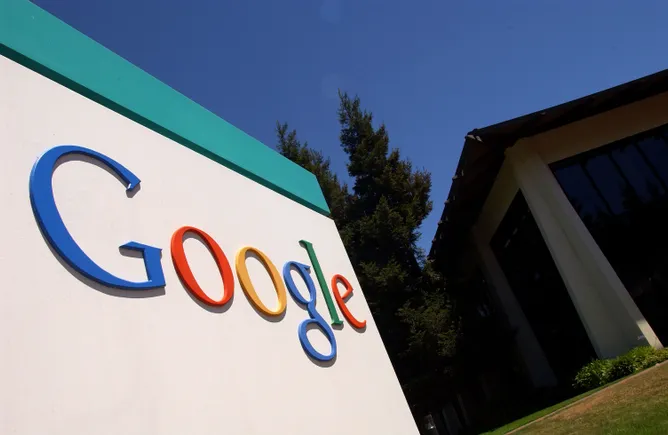Andy Spencer of the Retro Computer Museum in the UK browses some shelves — Image: Damien McFerran / Time Extension
A short time ago, the excellent and hard-working people at The Video Game History Foundation ran a report which showed that almost 90% of video games released before 2010 were no longer obtainable legally.
The Foundation has been fighting to force an exemption in the Digital Millennium Copyright Act (DMCA) that would allow libraries to make digital copies of games available to the general public in much the same way that traditional libraries distribute books.
Sadly, the US Copyright Office has decided to block such a move in a serious blow to video game preservation (thanks, Gizmodo).
As it currently stands, the law prevents access to out-of-print video games that remain under copyright. Libraries are allowed to hold such copies but can only grant access to one person at a time – and only in person.
The VGHF argued that an exemption should be made which would allow multiple people to access video game content stored in libraries and other repositories and do so remotely – massively opening up video game history to a wider audience of dedicated fans, academics and developers.
The trouble is, powerful groups within the industry – including the Entertainment Software Association – don’t want this to happen and have been lobbying to prevent the exemption from being passed. They argue that there simply aren’t enough safeguards in place to ensure that users wouldn’t illegally back up and distribute games they had borrowed from a library.
pic.twitter.com/AyPu072rrY— Video Game History Foundation (@GameHistoryOrg) October 25, 2024
The ESA and its allies have also argued that such a system would damage the market for classic and retro games, which rather misses the point that thousands of video games are currently out of print, with no legal means of obtaining them – short of hunting own original copies (many of which are at risk of being lost forever thanks to the volatile nature of the media they were published on).
Such a viewpoint ignores the fact that libraries loan commercially available books for free, and this doesn’t harm the publishing industry – in fact, you could argue that it does the exact opposite, as people who read books tend to recommend them to their friends, generating more potential sales.
The VGHF has argued that controls could be used, such as time limits or a distribution system which means the end user doesn’t actually have access to the game itself, but instead streams it in very much the same way that services like Antstream operate. However, such safeguards clearly couldn’t convince those in charge to make the change.
“We’re not done fighting here,” says the VGHF in a statement. “We will continue our advocacy for greater access and legal allowances for video game preservation and working with members of the game industry to increase internal awareness around these issues. We encourage members of the game industry who are disappointed by the Copyright Office’s decision to ask their leadership to push for greater support for the work of libraries and archives within their industry groups.”
Once again, it falls to emulation and “illegal” ROM sites to preserve video game history; the industry itself clearly isn’t interested. “The game industry’s absolutist position forces researchers to explore extra-legal methods to access the vast majority of out-of-print video games that are otherwise unavailable,” says the VGHF.
Damien has been writing professionally about tech and video games since 2007 and oversees all of Hookshot Media’s sites from an editorial perspective. He’s also the editor of Time Extension, the network’s newest site, which – paradoxically – is all about gaming’s past glories.










